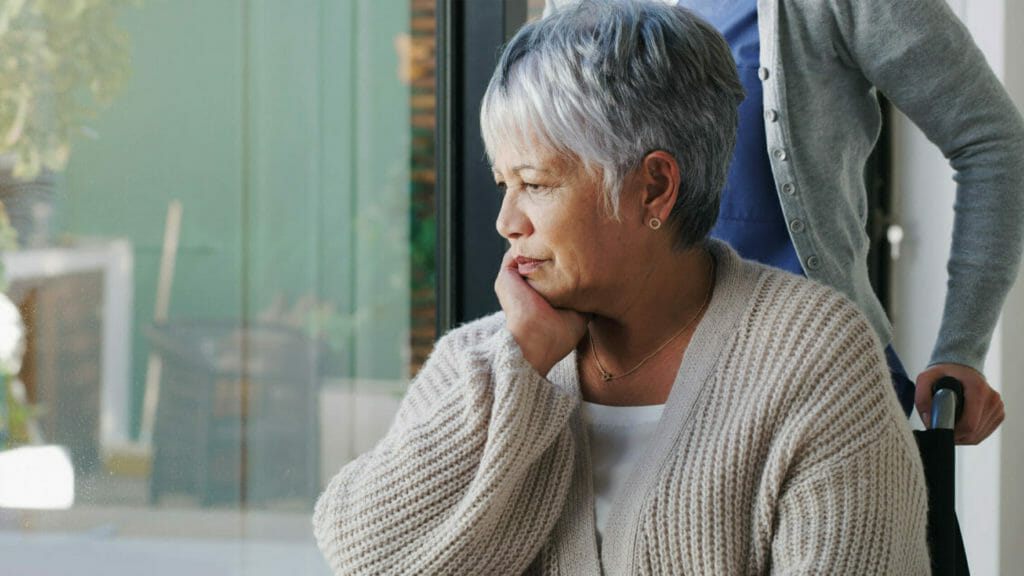
A brain stimulation treatment improved depression and anxiety symptoms in older adults, a study published last month in Brain Stimulation finds.
People with higher levels of symptoms before treatment were those who experienced the greatest relief from transcranial direct current stimulation, or tDCS, the authors said. Benefits continued a year after starting treatment for those who had moderate to severe anxiety, or anxiety that was tied to stressful events.
“Depression and anxiety can impact our overall mental health, cognitive function and ability to function independently as we age,” Adam Woods, PhD, senior author and associate dean for research and a professor of clinical and health psychology at the UF College of Public Health and Health Professions and co-director of UF’s Center for Cognitive Aging and Memory Clinical Translational Research, said in a statement. “Often, frontline treatments involve medication and/or therapy, which can both be effective. However, there is also a pressing need for accessible and noninvasive options that can be deployed in people who are either nonresponsive to pharmaceutical treatment, unable to access or participate in clinic-based intensive treatment programs, or for a variety of other reasons.”
Participants who experienced benefits were those with subclinical depression and anxiety, which means their symptoms may not have met the criteria for a diagnosis. This type of depression and anxiety can be associated with cognitive decline in older adults, the researchers noted.
The tDCS treatment targeted the prefrontal cortex, an area of the brain associated with cognition and emotion regulation. Data came from 378 older adults who were randomly assigned to undergo 12 weeks of tDCS and cognitive training designed to improve working memory and processing speed or 12 weeks of cognitive training paired with a placebo version of tDCS.
After the team controlled for factors like prescription drugs that may impact depression and anxiety symptoms, they found that participants who received the tDCS treatment had significant improvements in mild depression and moderate to severe state anxiety compared with the group that didn’t get the actual tDCS.
Up next is a phase 3 randomized clinical trial to see how tDCS and cognitive training work on a large, more diverse group of older adults. The stimulation is already approved by the Korea Food and Drug Administration as an at-home treatment for depression in adults.
The researchers hope another trial could make it accessible in the US.



